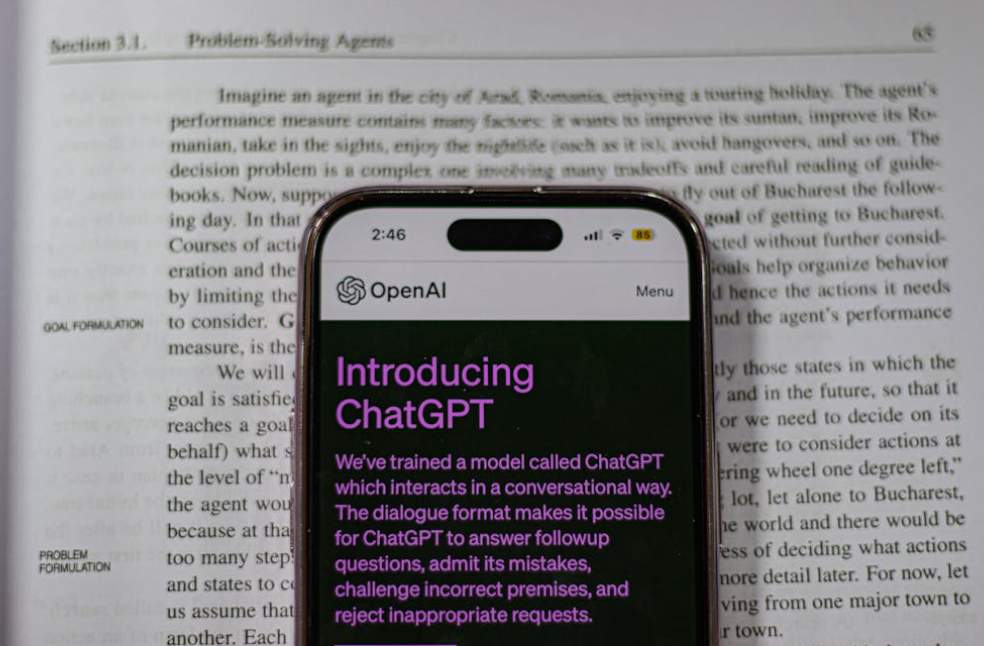London: OpenAI has introduced a groundbreaking artificial intelligence model designed to excel in solving advanced scientific, mathematical, and coding challenges. Named OpenAI o1, the model was unveiled as part of a preview series, marking the beginning of a new generation of AI with enhanced reasoning capabilities.
OpenAI o1 is engineered to process and tackle complex problems more effectively than its predecessors. According to OpenAI, this new model spends additional time thinking through problems before responding, akin to how a human might deliberate on complex issues.
The model demonstrates capabilities that go beyond traditional AI use cases, including assisting healthcare researchers in annotating cell sequencing data and aiding physicists with complex mathematical formulas necessary for quantum optics research.

@Pexels |Cropped by BH
OpenAI highlighted that the model can perform complex tasks typically reserved for highly trained specialists, like PhD-level work in fields such as physics, chemistry, and biology.
OpenAI scientist Noam Brown emphasized the future of the series, stating that while o1 already performs at a high level, future iterations of the model could evolve to “think for hours, days, even weeks,” allowing for deeper reasoning and more significant breakthroughs.
The AI’s need for energy is growing along with its capabilities. OpenAI o1, like other advanced AI models, requires significant computational power, leading to discussions about the increasing energy demand of AI technologies. These issues were expected to be addressed in a meeting at the White House on Thursday, involving senior tech executives, including OpenAI CEO Sam Altman and Anthropic CEO Dario Amodei.
Despite its current limitations — such as not being able to browse the web for information or upload files and images like ChatGPT — OpenAI o1 has already demonstrated impressive results in early tests. For instance, it solved 83% of problems in a qualifying exam for the International Mathematics Olympiad, and its performance on academic benchmarks places it on par with PhD students tackling difficult tasks.
As OpenAI continues to refine the o1 series, it plans regular updates and improvements. Although it doesn’t yet possess all the functionalities that make tools like ChatGPT versatile, OpenAI emphasizes the significance of this advancement in complex reasoning tasks, which sets the stage for future innovations across multiple disciplines.



